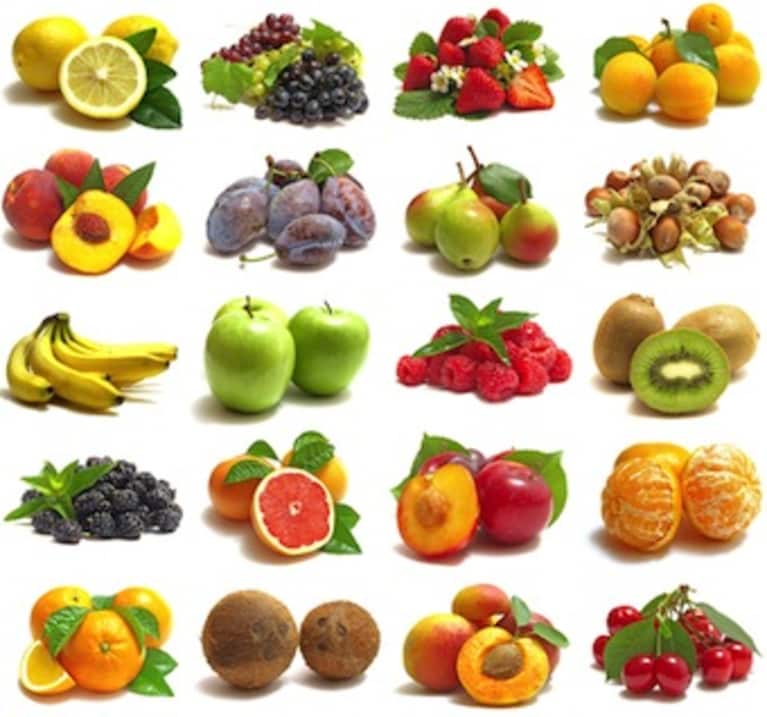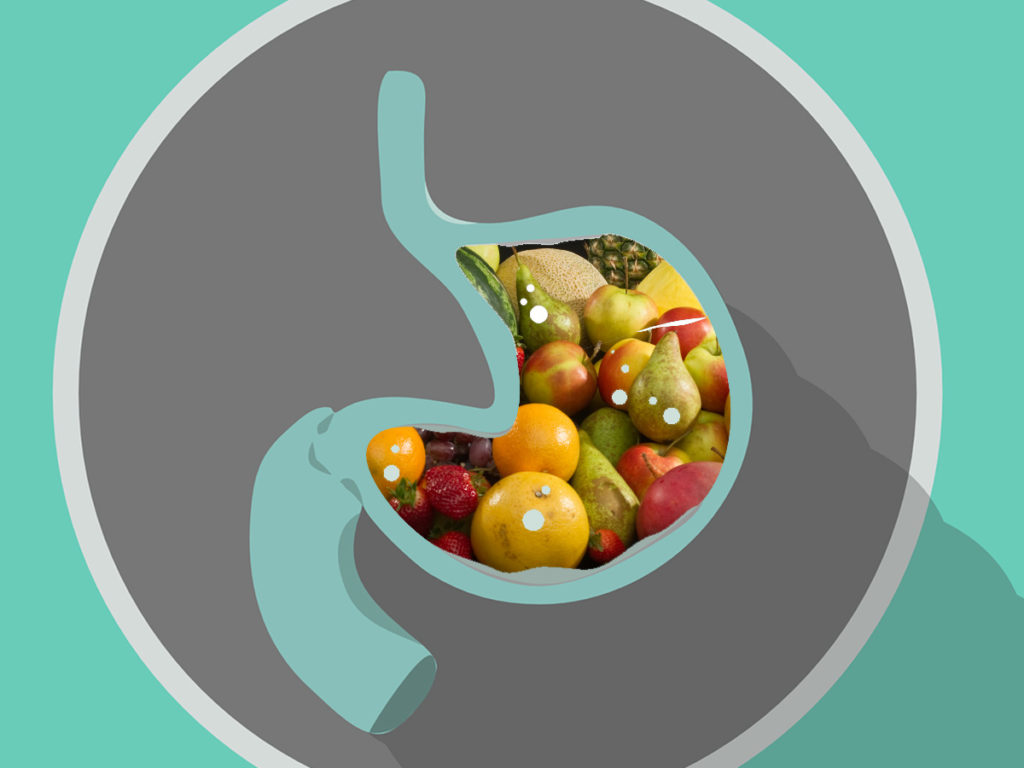

If you smoke, it’s strongly recommended that you quit. Smoking is also associated with serious complications of pancreatitis, including pancreatic cancer.

Consuming alcohol can make pancreatitis worse, so to protect your health, you’ll likely be advised to avoid alcohol completely. If you consume alcohol, your doctor will recommend that you stop drinking after being diagnosed with pancreatitis. In addition, people who ate more saturated fat and cholesterol - and foods high in these nutrients, such as red meat and eggs - had a higher risk for gallstone-related acute pancreatitis. In a 2016 study, eating red meat was associated with an increased risk for chronic pancreatitis. oily sauces and spreads, such as mayonnaise.This can involve limiting high-fat foods such as:

You may be advised to add certain high-calorie foods or supplements to your diet.īe sure to follow your doctor or dietitian’s advice for your specific needs.Īfter acute pancreatitis, your doctor will usually recommend reducing your fat intake until your symptoms improve. In these cases, your doctor or dietician will offer strategies to increase calories, vitamins, and minerals, as needed. Sometimes, pancreatitis can cause undesired weight loss or nutrient deficiencies. When you’re eating prepared foods or dining out, choose low fat options whenever possible. Vegetables and fruits are also important parts of a healthy eating plan for acute pancreatitis.Ĭooking more of your meals at home is one way to help reduce fat intake. Your pancreas won’t have to work as hard to process these. Some examples are lean meats, skinless poultry, beans and lentils, and low fat dairy. Pair these starchy foods with foods that are rich in protein and low in fat. To reduce symptoms during recovery, your doctor may recommend starting with starchy foods like rice, pasta, and bread. People with chronic pancreatitis may also need to use these methods if they have trouble absorbing nutrients from food.Īfter a pancreatitis flare-up, your doctor will tell you when you can begin to consume food and drinks again. Your health care team may need to administer a special liquid diet, IV fluids, or enteral feeding (a feeding tube). During an episode of acute pancreatitis, the first step of treatment often involves avoiding all food and drink.


 0 kommentar(er)
0 kommentar(er)
